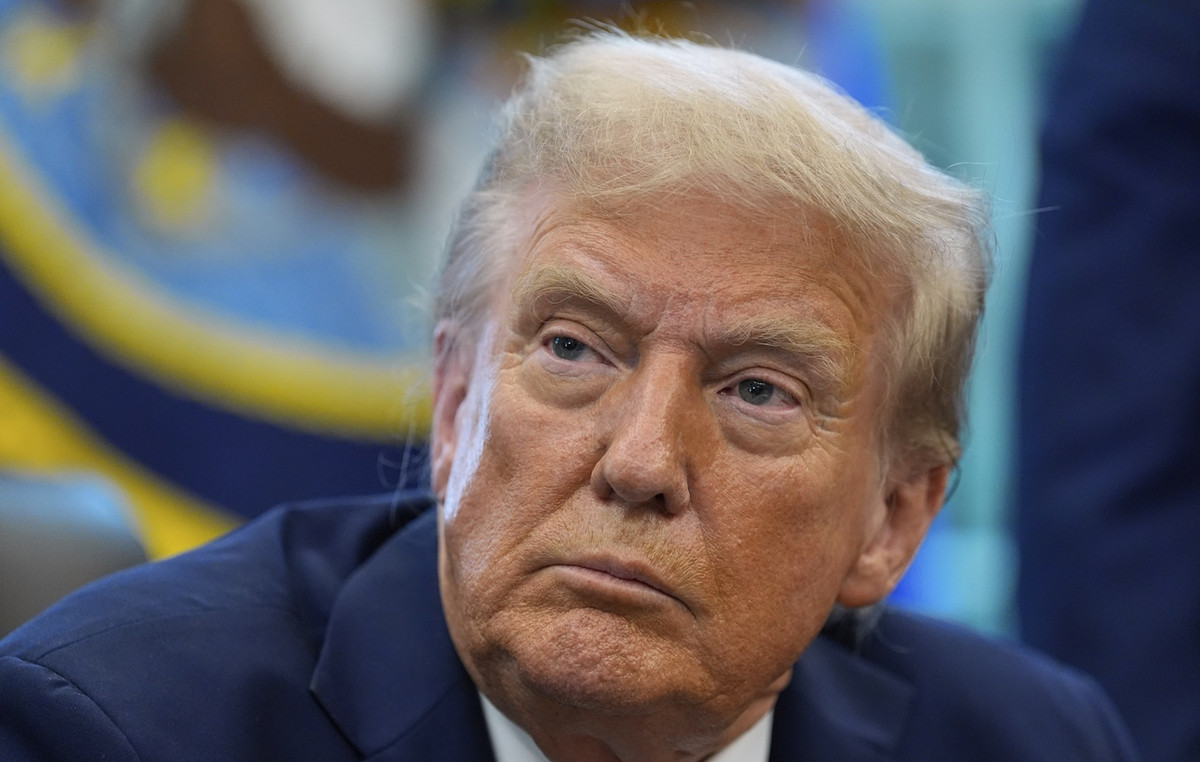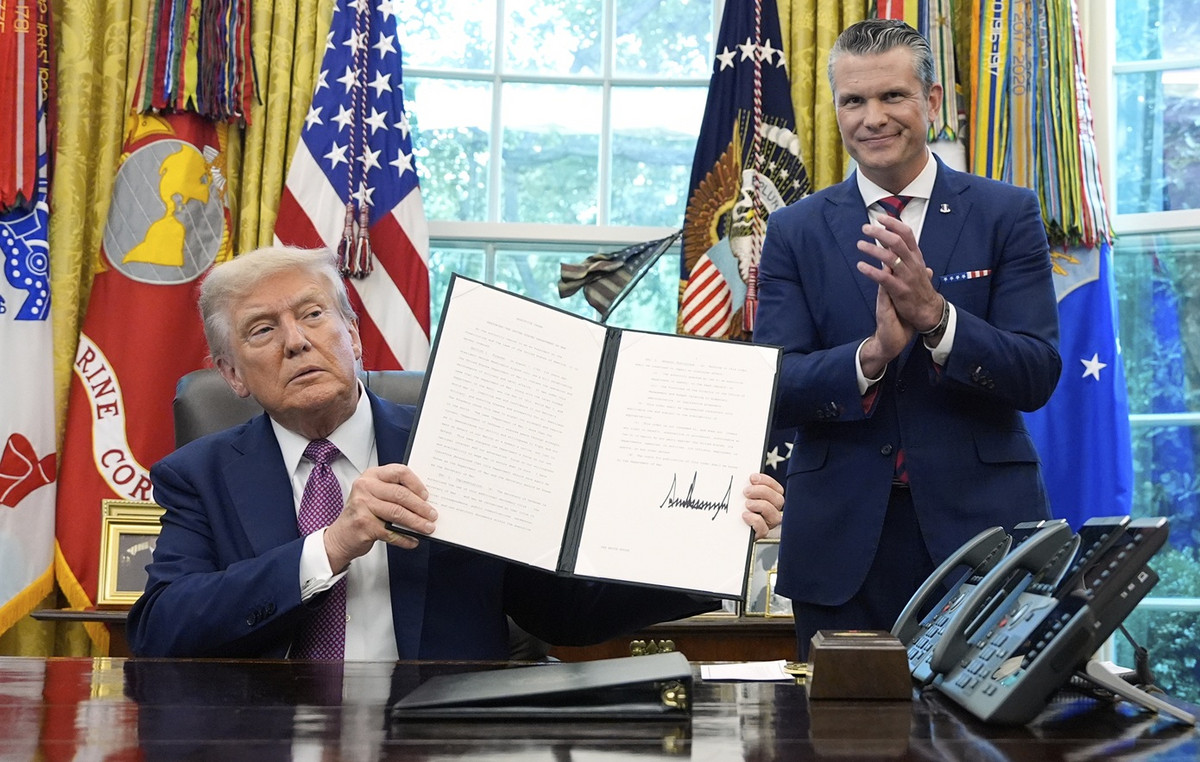The Legislative Assembly of São Paulo (Alesp) called for next Tuesday (21), the vote on the temporary loss of the mandate of deputy Frederico d’Avila (PL). If a majority of deputies vote yes, d’Avila will be suspended for three months.
A representation was opened against d’Avila after the deputy used a plenary session to offend the Archbishop of Aparecida, Pope Francis and the National Conference of Bishops of Brazil (CNBB).
This will be the seventh voting attempt. According to the proceedings at Alesp, another five sessions were postponed due to lack of quorum in the house: on May 10, 11, 24 and 25, and two sessions on June 7.
The punishment was approved by the Ethics Council of the House, which evaluated the case and determined the temporary suspension, according to draft resolution nº 3 of 2022.
understand the case
On October 12, Aparecida Day, Archbishop Orlando Brandes made a statement calling for disarmament and emphasizing that “a beloved homeland cannot be an armed homeland”.
After the bishop’s speeches, the deputy went to the plenary in Alesp’s small office and made the offenses. d’Avila called the pope a “vagabundo”, the archbishop of Aparecida a “vagabundo” and a “bastard” and the religious of the Catholic Church “bastard pedophiles”. The deputy also said that the CNBB “is a cancer”.
Also in October, the CNBB delivered a letter to the Alesp presidency asking for the deputy to be punished.
In November 2021, the Ethics Council accepted the opening of representation proceedings against d’Avila. After voting by the committee, the members decided to lose their temporary mandate.
In June 2022, Cardinal Odilo Pedro Scherer sent the president of Alesp, deputy Carlão Pignatari (PSDB), a letter asking that the “severity of that unfortunate manifestation be duly considered by the São Paulo Legislature in the discernment of the measures to be taken”. .
“The words of the aforementioned deputy do not only offend the religious people represented, but also attack the dignity of the office and religious freedom, guaranteed by the Federal Constitution and the principle of secularism of the Brazilian State”, argued the cardinal.
Source: CNN Brasil







